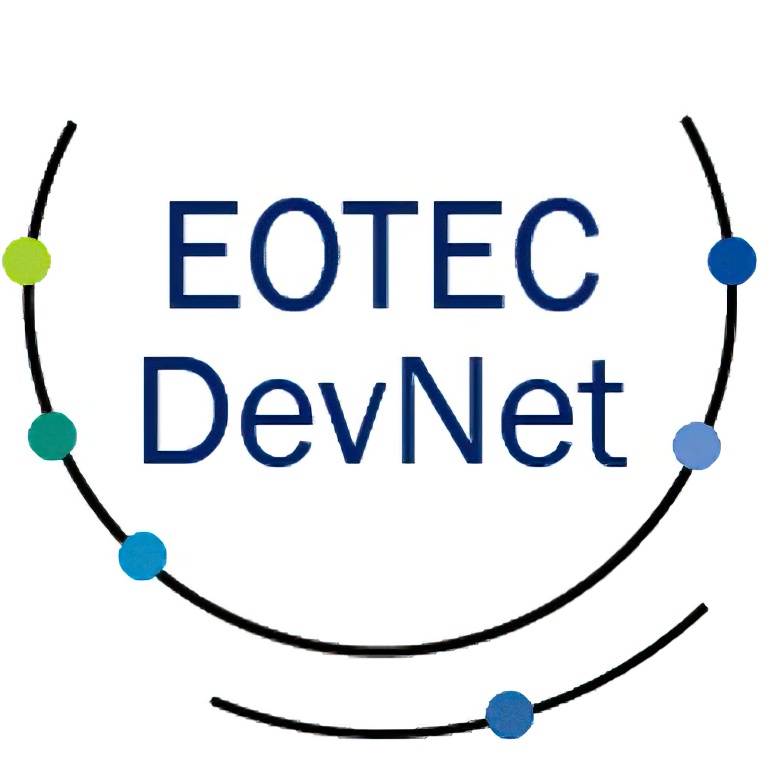INTRODUCTION
The availability of water for agricultural use is decreasing in both quantity and quality, while the global demand for agricultural production is increasing to cope with population growth and changing dietary attitudes. Therefore, there is an urgent need to strengthen the agricultural water sector through new strategies, adaptation, and mitigation techniques, and measures that aim to improve or stabilize agricultural production, especially under the impact of climate change.
As the climate and crop water use and production are intrinsically linked, the sustainable and efficient use of water resources is a primary goal for agrometeorology. Climatic variables such as solar radiation, soil and air temperature, wind, air humidity, soil moisture, and CO2 concentration have a great influence on crop water consumption and crop growth. Changing agrometeorological factors are thus affecting crop water, crop development, evapotranspiration, and growth, but specific circumstances can improve crop water use efficiency. In this context, the development of sustainable water management practices, including smart irrigation tools, requires a better understanding of the soil-plant-atmosphere continuum.
The Advanced School in Agricultural Meteorology aims to offer, in an international and interdisciplinary context, high-level scientific and technical insights for sustainable use of water resources through the application of advanced technologies, such as remote sensing, smart sensors, crop and water balance models, and their integration both through theoretical concepts and hands-on exercises.
COURSE CONTENT
In order to facilitate participants to increase their knowledge on scientific results, and advanced technologies for the agrometeorological analysis and monitoring applied to agricultural water management under present and future climate, the school will include theoretical activity and practical sessions to allow the direct application of theory through the use of advanced tools, and the analysis of case studies. The active participation of the trainees will facilitate the realization of interdisciplinary networking among experts and attendees.
Topics covered by the course include:
● Relations between hydrological cycle, agriculture, and climate change
● Water harvesting, research, and implementation
● Modelling of yield response of herbaceous crops to water under conditions in which water is a key limiting factor in crop production – the AquaCrop system
● Satellite products and tools for sustainable water management
● Field visit to Acqua Campus (CER), and Decision Support Systems (DSS)
TRAINERS
Trainers are world-class experts from University of Florence (DAGRI), University of Milan, Council for Agricultural Research and Economics (CREA), Sicily Region, National Research Council of Italy, and International Agencies: Food and Agriculture Organization of United Nations – FAO, CGIAR / Alliance of Bioversity International and CIAT, CGIAR/IWMI.
